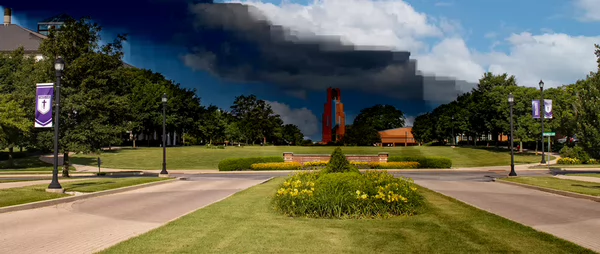-
-
- Financial Aid
- Financial Aid
- Scholarships
- Loans
- Grants
- Federal Work Study
- Additional Resources
-

The location you tried to access either doesn’t exist or has been updated on our new website. If you think this link should connect to a specific page, please send us an email or call the university a 800-882-3456. We apologize for any inconvenience and appreciate you bringing it to our attention.
Need help? Here are some places to start:
For Visitors For Prospective Students For Parents For AlumniContact us. We’d be happy to help!
